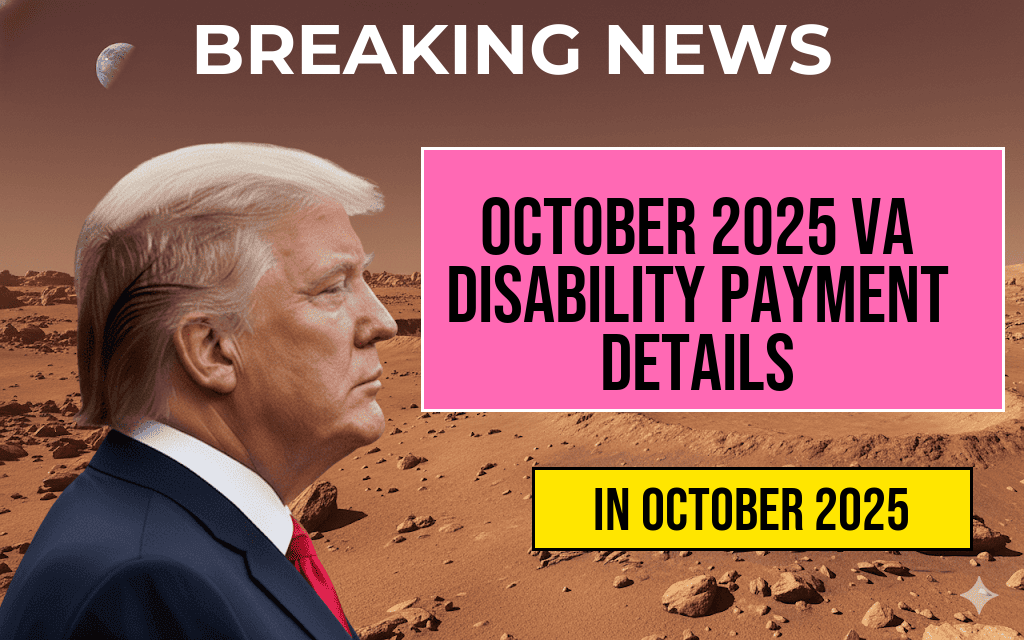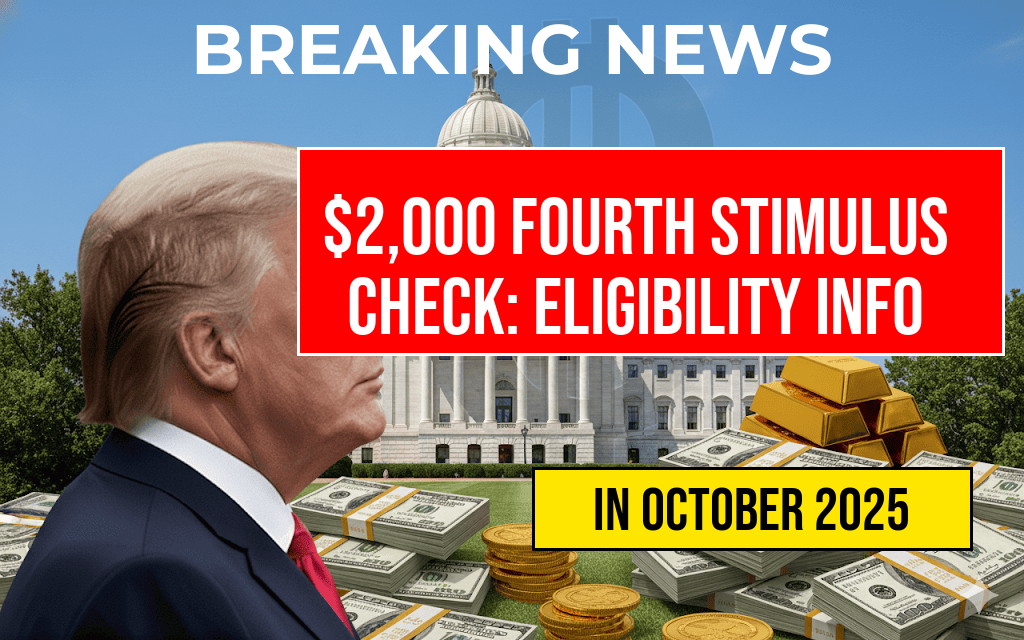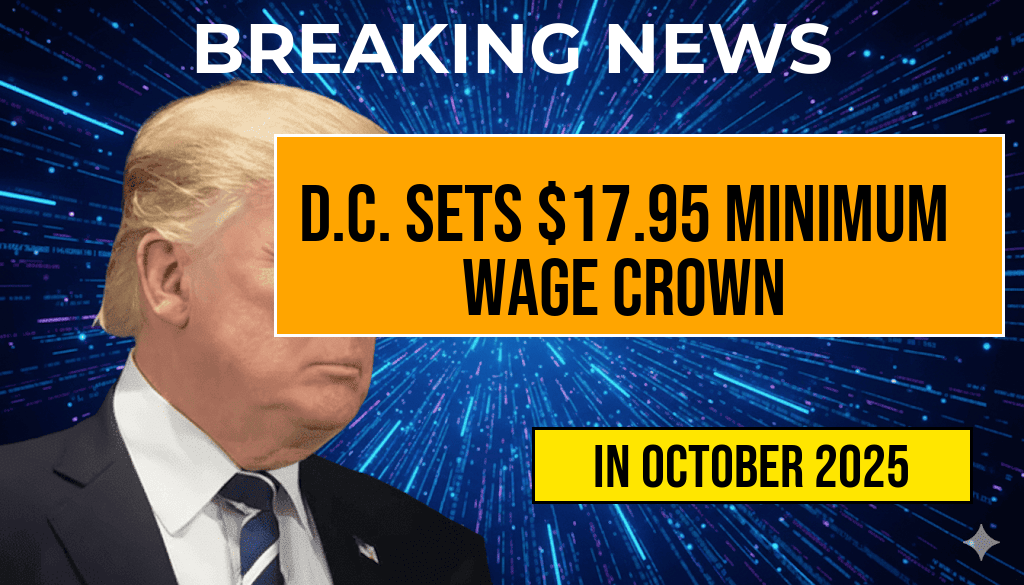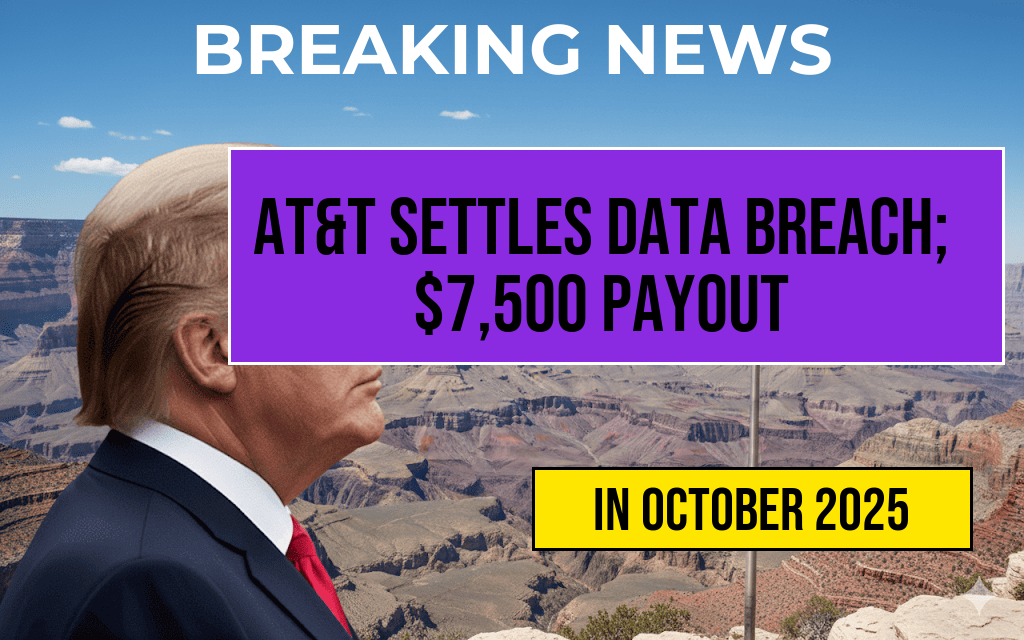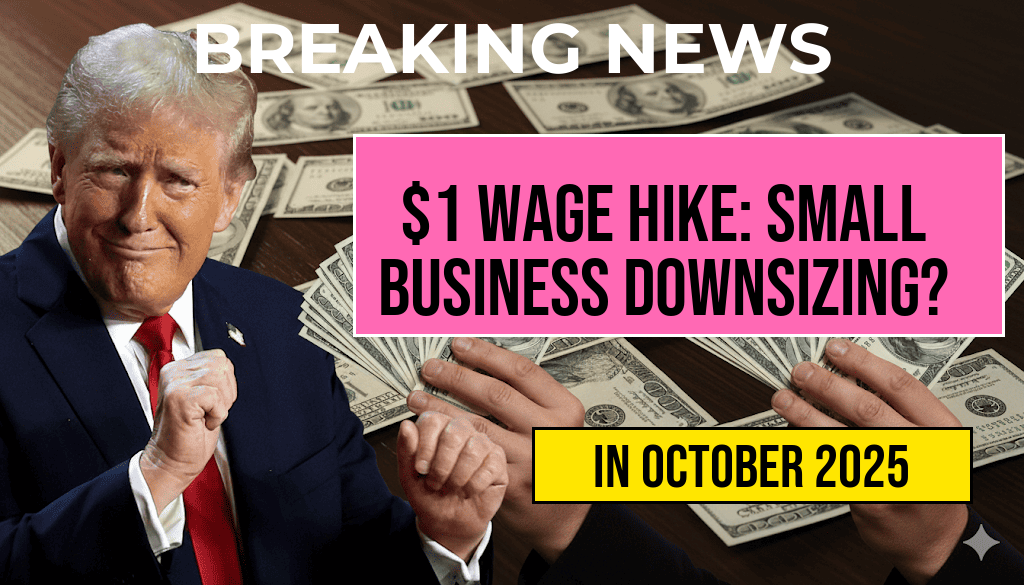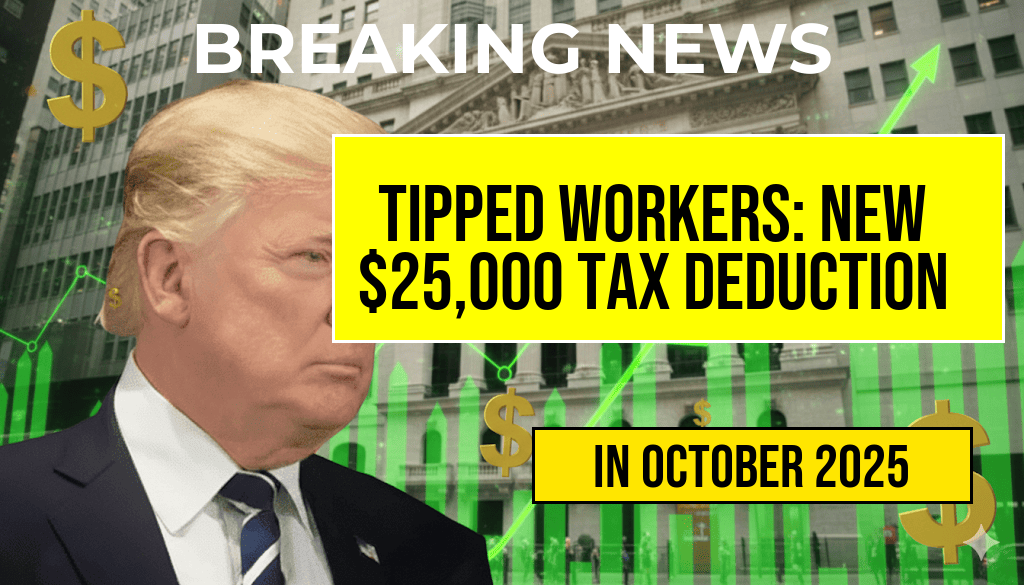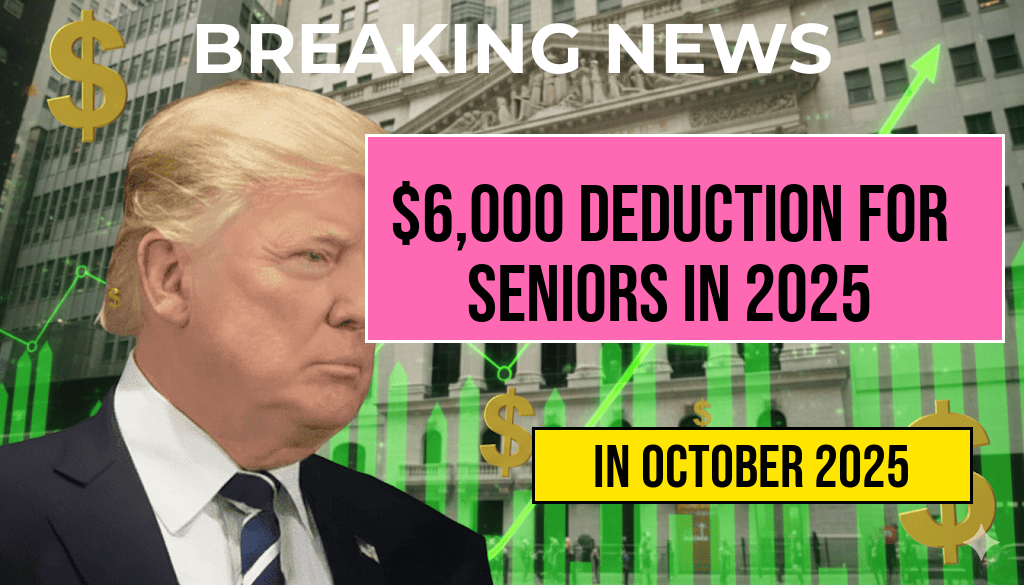Washington D.C. has emerged as a leader in minimum wage legislation, recently establishing a top-tier pay rate of $17.95 per hour. This significant increase reflects the city’s ongoing commitment to ensuring fair compensation for its workers amidst rising living costs and economic uncertainties. The new wage takes effect this year, marking a pivotal moment for labor advocates who have tirelessly campaigned for better wages. With this adjustment, D.C. not only surpasses the federal minimum wage of $7.25 but also positions itself as one of the highest-paying jurisdictions in the United States. This article explores the implications of this wage increase, its impact on the local economy, and the responses from various stakeholders.
Understanding the Wage Increase
The District of Columbia’s decision to raise the minimum wage to $17.95 an hour stems from a comprehensive review of living costs and economic conditions in the area. The city government aims to address the financial challenges faced by low-income workers, especially in a metropolitan area where housing, transportation, and healthcare costs continue to rise.
Background on Minimum Wage Legislation
- The new wage is part of a scheduled increase that began in 2016, with incremental raises set to continue through 2023.
- Previous minimum wage adjustments have been linked to inflation and the cost of living in the region.
- Advocates argue that higher wages contribute to economic stability and reduce reliance on social services.
Economic Impact
Experts predict that the minimum wage increase will have various effects on the local economy. On one hand, higher wages are expected to boost consumer spending, as workers have more disposable income. On the other hand, some business owners express concerns about potential job losses or increased prices as they adjust to the new wage standard.
Potential Benefits
- Increased Consumer Spending: Workers earning higher wages are likely to spend more on goods and services, stimulating local businesses.
- Reduction in Poverty: A higher minimum wage can significantly lift families out of poverty, contributing to overall economic health.
- Workforce Stability: Better pay can lead to lower employee turnover, reducing hiring and training costs for employers.
Concerns from Business Owners
While many support the wage increase, some small business owners worry about the sustainability of their operations. Higher labor costs may lead to increased prices for consumers, which could impact sales. Some businesses may be forced to make tough decisions, including reducing staff or cutting hours.
Community and Political Reactions
The wage increase has garnered mixed reactions from the community. Labor unions and worker advocacy groups herald the change as a victory for low-income employees, while some business organizations argue for a more gradual approach to wage increases.
Support from Labor Groups
Labor advocates are enthusiastic about the change, viewing it as a crucial step towards economic equity. Many organizations have campaigned for this wage adjustment, arguing that it is necessary to keep up with the rising cost of living in the capital.
Opposition from Business Groups
Conversely, certain business organizations have voiced concerns about the implications of the wage increase. They argue that while the intentions are commendable, the reality of operating costs and competitive pricing must be considered. Some small businesses are particularly worried about their ability to absorb the higher wages without jeopardizing their financial viability.
Comparative Analysis of Minimum Wages
| City | Minimum Wage |
|---|---|
| Washington D.C. | $17.95 |
| Seattle, WA | $17.27 |
| San Francisco, CA | $16.99 |
| Los Angeles, CA | $15.00 |
| New York City, NY | $15.00 |
As Washington D.C. forges ahead with its ambitious minimum wage policy, the city sets a precedent that could influence other regions across the nation. The balance between fair wages and the economic realities of running a business remains a critical dialogue as stakeholders continue to assess the long-term impacts of this landmark decision. For further information on wage policies, visit Wikipedia’s Minimum Wage page or check out Forbes on minimum wage increases.
Frequently Asked Questions
What is the current minimum wage in Washington D.C.?
The current minimum wage in Washington D.C. is $17.95 per hour, making it the highest in the nation.
How does Washington D.C.’s minimum wage compare to other states?
With a minimum wage of $17.95 per hour, Washington D.C. significantly surpasses the minimum wages set by most other states, which typically range from $7.25 to $15 per hour.
Is the minimum wage in Washington D.C. expected to increase?
Yes, the minimum wage in Washington D.C. is subject to annual adjustments based on inflation and cost of living increases, meaning it may rise in the future.
Who is affected by the minimum wage law in Washington D.C.?
The minimum wage law in Washington D.C. affects all workers, including part-time and full-time employees, as well as those in the service industry.
Are there any exceptions to the minimum wage law in Washington D.C.?
Yes, there are certain exemptions, such as for youth workers and some specific industries, but these are limited and most workers are entitled to the full $17.95 per hour rate.

